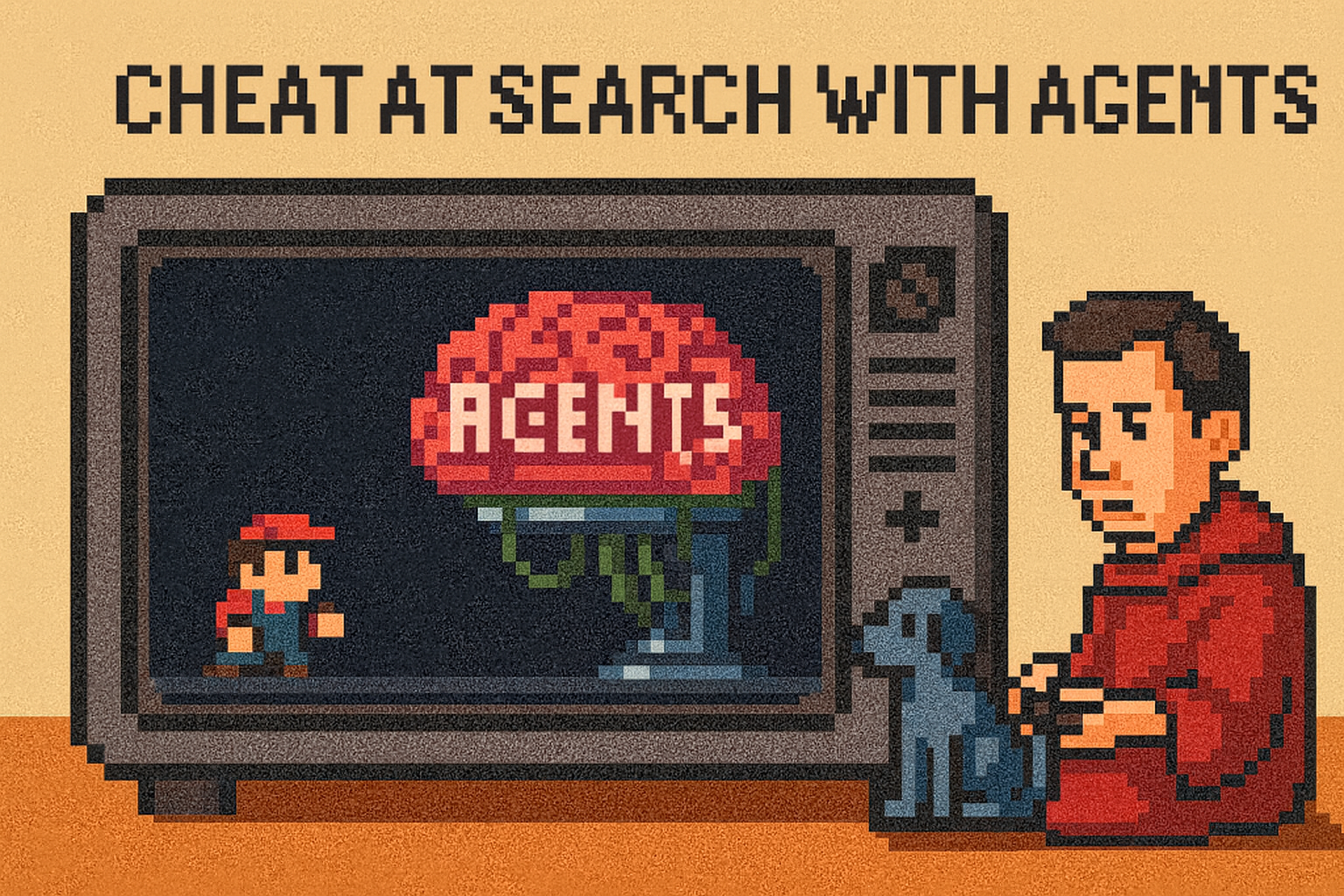As a staff engineer, you navigate between two opposing mindsets: hyperfocus and perspective. Getting into the right headspace for the situation is one of the toughest parts of the job.
Contrasting these two modes:
- hyperfocus: you push the team to a narrow, near-term mode of execution. You’re getting shit done, blinders on to other distracting options. You’re 100% storming a mode of execution. You’re exploiting what’s available to get shit done.
- perspective: you look at first principles to council the team on options. You take lots of input. You reflect and gather information. You try to think how to minimize long-term regret. You’re exploring what could be possible.
Hyperfocus is active, commanding, top-down, with strong opinions. You dive into details. Hyperfocus you’re strongly attached to a path. You’re a player on the field, like a quarterback calling audibles, tweaking the play as its run.
Perspective is passive, listening, receptive, leading-by-following. You delegate and let go. You’re not particularly attached to any solution. You’re like a coach, therapist or consultant, not a player on the field.
Neither mode is good / bad. But being in the WRONG headspace for your team’s needs can be catastrophic. Not just for your team, but your career.
Overly hyperfocused teams get stuck in a local maximum. They are so busy executing, they don’t see the forest for the trees. They need to extract themselves to look at the problem from first principles to get a step-change in value being delivered.
But other times, you need to just execute. Teams get stuck planning and prototyping. They get stuck trying to satisfy all constraints and making everyone happy. They need to switch to getting shit done. You need to push to ship something suboptimal to improve later, ASAP.
The trick is entirely about psychology.
When you’re hyperfocused, you get attached. You have attachment to your specific expertise, status in your organization, and how you relate to others. Change feels threatening.
When you take perspective, you are detached. You don’t have to stick your neck out. You can relax. Commitment feels threatening.
In my career journey, I spent a lot of time optimizing for perspective - that’s often the role of a consultant. You’re there to empower others. To help give them options and perspective from the industry. But you’re advising, often you’re not doing.
That changed when I became a Staff eng. I have to juggle both mindsets. Now I frequently need to just put my blinders on and say “look, there may be better options, but based on our info now, we just need to ship X next quarter”.
Getting in the right headspace, in the right situation is HARD. Knowing which headspace to the team needs is also very hard. I’ve been told “we don’t need a consultant right now, we need you to execute”. But other times bulldozing ahead has left colleagues feeling unempowered, like they don’t own their direction, and they need to run everything by me. It’s a hard, often impossible, juggling act. But one you absolutely need to navigate to be good at this job.
Enjoy softwaredoug in training course form!
Starting Feb 2!
 I hope you join me at Cheat at Search with LLMs to learn how to apply LLMs to search applications. Check out this post for a sneak preview.
I hope you join me at Cheat at Search with LLMs to learn how to apply LLMs to search applications. Check out this post for a sneak preview.
